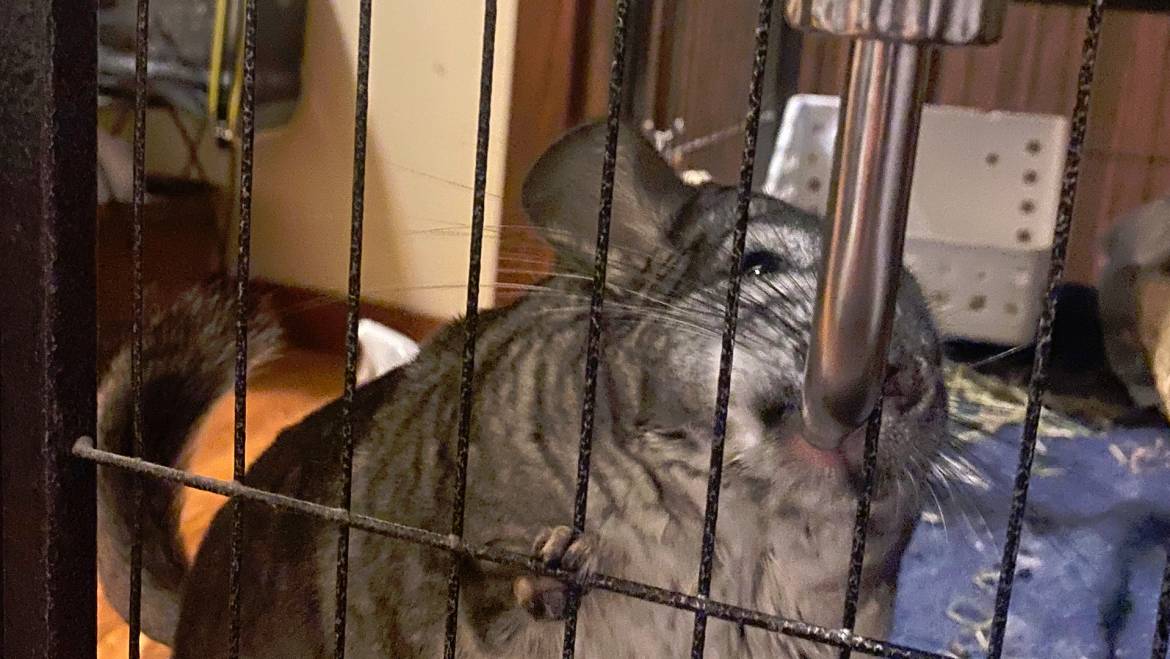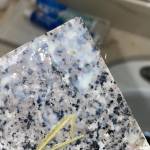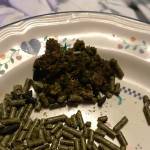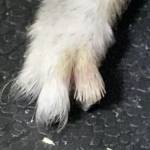As a chinchilla owner, it is important to understand the signs of dehydration in your furry friend. Dehydration can be a serious issue, leading to various health complications if not treated in time. Chinchillas, being desert animals, are prone to dehydration if they do not receive enough water. This article aims to provide you with a comprehensive guide on chinchilla dehydration, including its causes, symptoms, and treatment options.
Causes of Chinchilla Dehydration
There can be multiple reasons behind chinchilla dehydration. Some of the most common causes include:
- Inadequate Water Supply: Chinchillas need to have access to fresh, clean water at all times. Lack of water intake can lead to dehydration.
- Heat Stress: Chinchillas are sensitive to high temperatures and can quickly become dehydrated in hot and humid weather conditions.
- Illness: Certain illnesses such as gastrointestinal issues or kidney problems can cause excessive fluid loss, leading to dehydration.
- Poor Diet: A diet lacking in essential nutrients and water can cause dehydration in chinchillas.
Symptoms of Chinchilla Dehydration
It is essential to be able to identify the signs of dehydration in your chinchilla. Some common symptoms include:
- Lethargy and Weakness: Dehydration can make chinchillas lethargic and weak, resulting in a lack of interest in food, playtime, or even socialization.
- Dry and Sticky Mouth: A dehydrated chinchilla may have a dry mouth and sticky saliva due to the lack of fluids in the body.
- Sunken Eyes: Dehydration can cause the eyes to appear sunken or dull, indicating a lack of moisture in the body.
- Skin Elasticity: The skin of a dehydrated chinchilla may appear less elastic than usual, indicating dehydration.
- Reduced Urination: A dehydrated chinchilla may produce less urine, which may also be darker than usual.
Cure for Chinchilla Dehydration
If you notice any of the above symptoms in your chinchilla, it is essential to take immediate action to treat dehydration. Some of the most effective treatment options include:
- Provide Fresh Water: Ensure that your chinchilla has access to clean and fresh water at all times. Replace the water daily to ensure its freshness.
- Water-Rich Foods: Provide your chinchilla with fruits and vegetables that are high in water content, such as cucumbers and watermelons.
- Electrolyte Solutions: Electrolyte solutions are an excellent way to rehydrate your chinchilla quickly. These solutions are available at most pet stores.
- Fluid Replacement Therapy: In severe cases of dehydration, your vet may recommend fluid replacement therapy to replace the fluids lost by your chinchilla.
Preventing Chinchilla Dehydration
Prevention is always better than cure when it comes to chinchilla dehydration. Here are some tips to prevent dehydration in your chinchilla:
- Fresh Water: Always ensure that your chinchilla has access to fresh, clean water at all times. Change the water daily to ensure its freshness.
- Water-Rich Foods: Provide your chinchilla with fruits and vegetables that are high in water content, such as cucumbers and watermelons.
- Adequate Ventilation: Ensure that your chinchilla’s living space has adequate ventilation to prevent heat stress.
- Cool Environment: Keep your chinchilla’s living space cool and dry, especially during the hot summer months.
Chinchillas are wonderful pets, but they require special care and attention to ensure their health and well-being. Dehydration is a common problem among chinchillas, but it can be prevented and treated if caught in time. As a chinchilla owner, it is essential to keep an eye out for the warning signs of dehydration and take immediate action to provide the necessary care.
Regular visits to the vet can also help you catch any underlying health issues that may cause dehydration. A healthy diet, fresh water, and a comfortable living environment are all important factors in preventing dehydration in your chinchilla. With proper care and attention, you can ensure that your furry friend remains healthy and happy for years to come.







